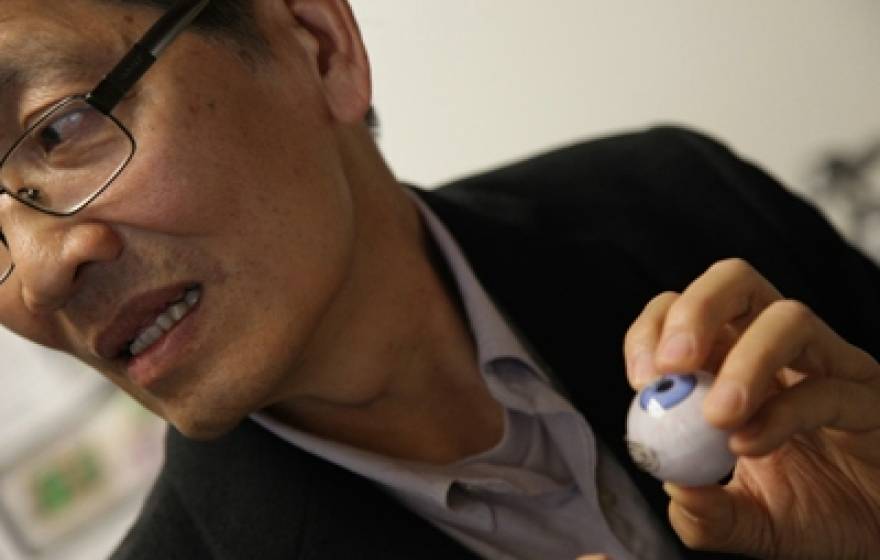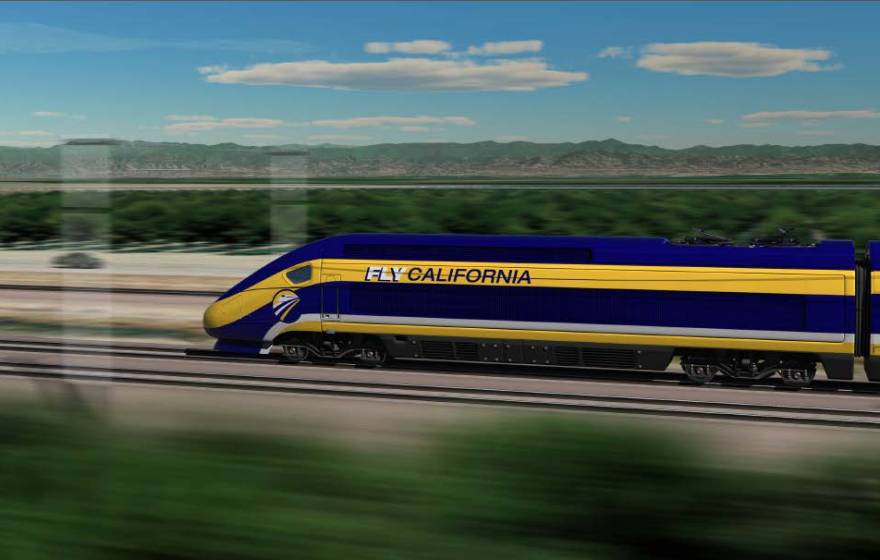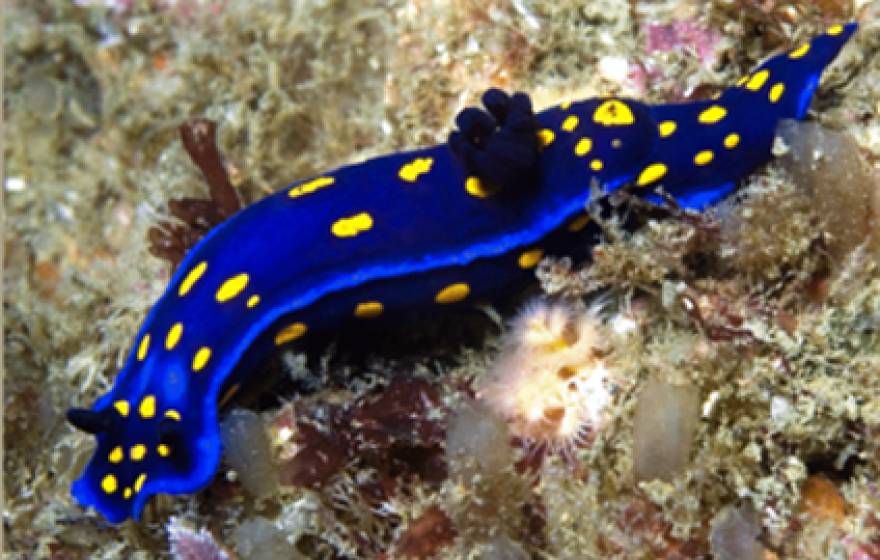UC San Francisco |
Laser light zaps away cocaine addiction
Brain stimulation in rats hints at new therapy for human addicts.
UC Davis |
Two-thirds of eligible young Californians failed to vote
Two-thirds of eligible voters under 24 didn't make it to the polls in November.
UC Berkeley |
California’s online registration drive draws broader voter base
More low- and middle-income people sign up online than expected.
UCLA Today |
Engineer invents a bionic eye
Two decades of visionary research results in the first bionic eye for the blind.
UC Office of the President |
Universe's baby pictures
Images from Planck telescope shed light on cosmos' earliest times.
UCLA |
Tomatoes mimic actions of good cholesterol
The genetically engineered fruit helps curb inflammation, boost antioxidant activity and reduce plaques that can lead to atherosclerosis.
UC San Diego |
‘End of men’? Not even close
Males retain lion’s share of power and prestige in post-recession economy.
UCLA |
Remote cities benefit from high-speed rail connection
Real-estate booms in "second-tier" cities and improved quality of life are just some of the perks that come with new rail connections, a UCLA economist says.
UC Riverside |
New website is clearinghouse for immigration data
Scholars hope to help inform national discussion about immigration policy issues.
UC Santa Barbara |
UC's favorite sea slug poised for comeback
Blue-and-gold marine creature's numbers are climbing in Southern California waters.
UC Office of the President |
UCs rated highly in academic world rankings
Academic Ranking of World Universities includes nine campuses among its top-rated schools.
UC Office of the President |
UC among the world’s top universities
Eight campuses place in top 200 of Times Higher Education World University Rankings.




